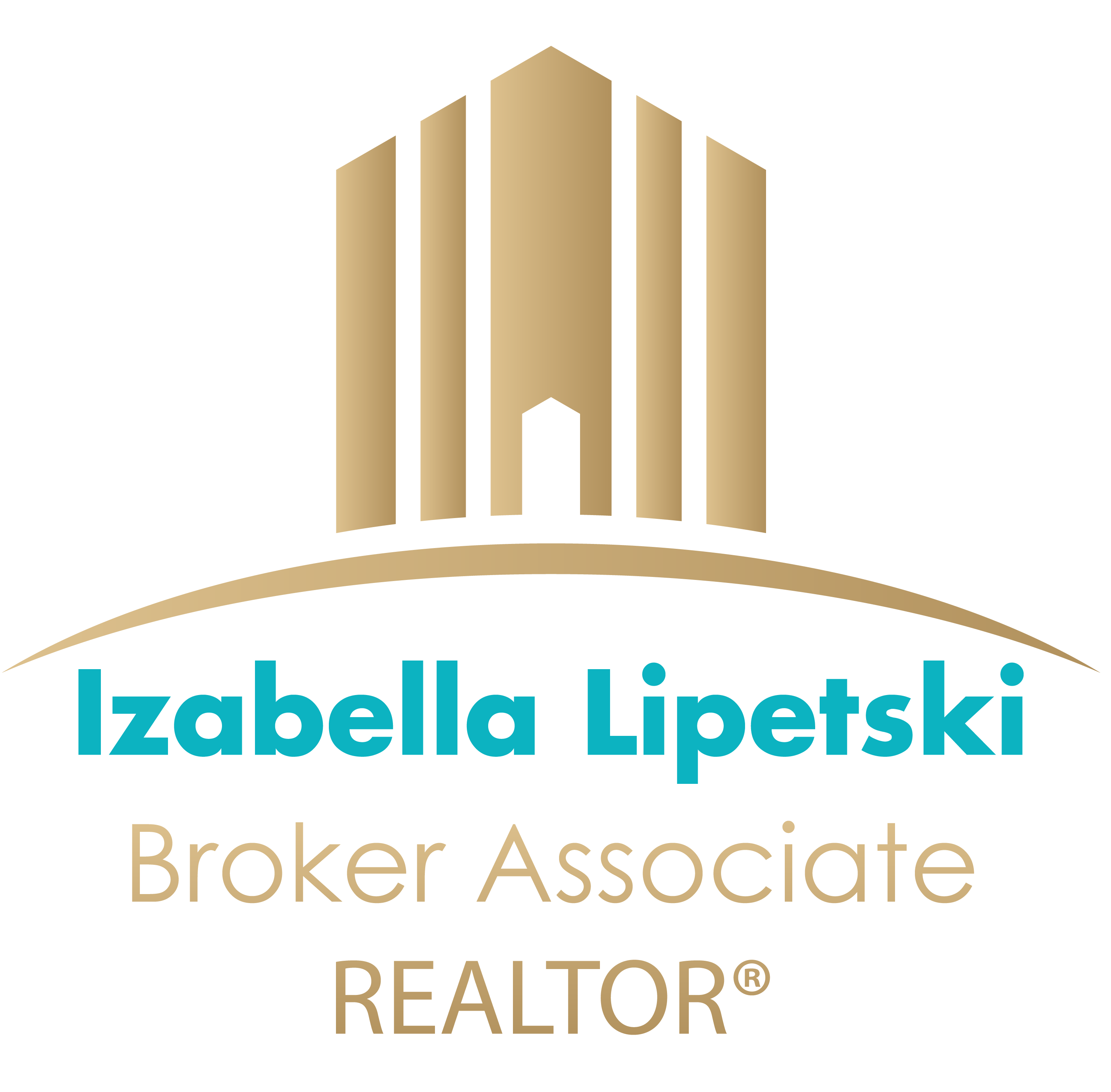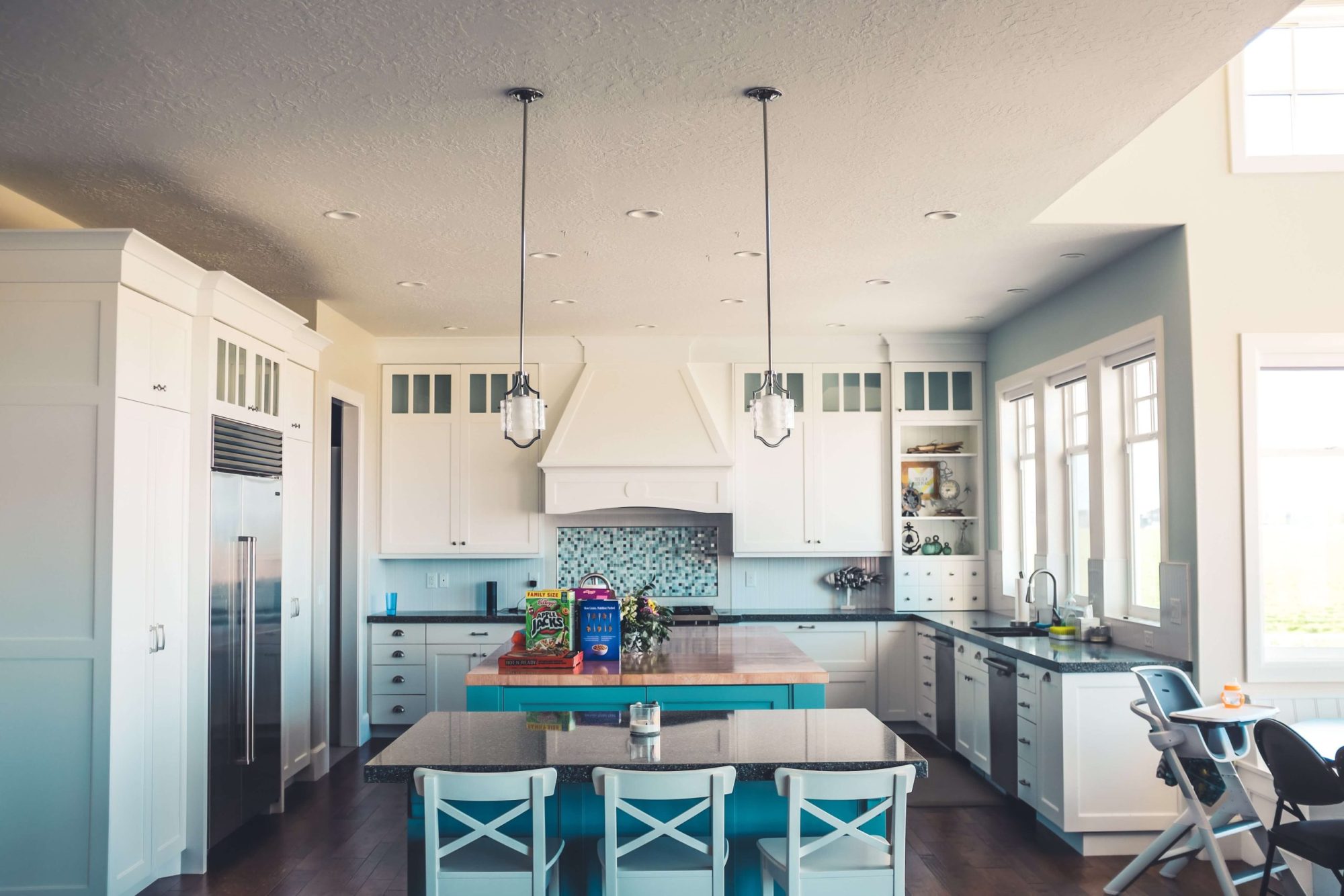HOW MUCH DOES IT COST TO BUY A HOME?
Today in this article, I will tell you how much it costs to buy a home. To determine how much for a home you can afford, it’s important to factor in additional expenses, similar as closing costs, taxes, and insurance, before committing to a mortgage. You can check my website for more information on home buy and sell.
COMPLETE COSTS OF BUYING A HOUSE
I encourage all of my clients to prepare for the finances demanded to buy a home. These costs include:
DOWN PAYMENT
The down payment is the part of the home’s purchase price you pay upward rather than financing it through a mortgage. Still, a down payment is needed if you choose a conventional loan. The amount of the down payment that’s needed is grounded on the home’s price and property type, as well as the loan product.
For a conventional loan, exactly how much depends on the lender and loan type you might put down 3%, 10%, 20%, or further.
CLOSING COSTS
To close on your home loan and get the keys to the property, you’ll need to pay closing costs, which are all of the fees related to the mortgage. These generally range from 3% to 5% of the loan principal and can include:
- Operation Fee
- Credit Check Fee
- Underwriting or Origination Fee
- Title Insurance
- Appraisal Fee
- Transfer Tax (If Applicable)
Several lenders offer a no-closing-cost mortgage option. Suppose you’re spare on savings. Both save you from having to bring cash to the ending upward but can bring you more in the long run, especially if you intend to stay in the home long-term.
PROPERTY TAXES
In utmost places, your city or county government requires you to pay property tax on your home for as long as you enjoy it. Generally, property tax is included in your yearly mortgage payment but is separate from the interest and principal.
For case, if you enjoy a home with an assessed value and the tax rate is 2%, your periodic property tax would be paid in$ 167 supplements added to each of your 12 yearly mortgage payments throughout the time.
Keep in mind that the assessed value isn’t the same as the price you paid for your home. However, your city or county could assess your home at an advanced value, meaning you’ll pay further in property tax if home values go up in your area.
HOMEOWNERS AND MORTGAGE INSURANCE
When buying a home, there are two kinds of insurance to consider homeowners insurance and private mortgage insurance, or PMI.
Homeowners insurance protects you financially from unanticipated events that damage your home, similar to natural disasters, theft, or vandalization. Through homeowner’s insurance is not needed by law, utmost mortgage lenders bear it in some form. The cost significantly varies, and there are numerous options, so it’s best to compare offers to keep the expenditure as low as possible.
Still, PMI is generally needed if you put lower than 20% down If you get a conventional loan. This kind of insurance protects the lender if you overpass on loan and can vastly increase your mortgage payment. According to the Urban Institute, periodic PMI decorations range from 0.58% to 1.86% of the loan amount.
HOA FEES
You’ll probably be needed to pay a yearly fee, known as HOA fees, if you’re buying a condo or another kind of home in a community overseen by a homeowner’s association (HOA). HOA fees are determined by the association and are largely variable. These finances go toward the services the association provides, which may include security, a pool or spa, and landscaping and maintenance.
HOAs can also charge occasional special assessment fees for critical repairs. These financial taxes may be overlooked when buyers census up the costs of buying a home, but they add up quickly.
HOME REPAIRS, UTILITIES, AND MAINTAINANCE
No matter where you live, you’ll need to plan for home repairs and maintenance. Wear and tear happen, so it’s important to have redundant finances on hand for repairing or replacing appliances and major structures and systems, similar to the roof or HVAC.
Several experts recommend budgeting 1% of your home’s value for house maintenance each time, as well as maintaining an exigency fund to address critical, non-budgeted enterprises as they crop up.
You’ll also need to pay for utilities, likely including water, gas, and electricity. These costs vary according to the position.
TODAY HOME PRICES
The price is a big factor in your overall costs when you buy a home. However, anticipate advanced prices and tougher competition if you’re looking to buy a home today. As of March 2022, the standard being- the home price was $329,000, according to the National Association of Realtors, a 17.2% increase from the same time a time ago. Being single-family house prices were at a record high of $334,500, an 18.4% hike from last time. Meanwhile, the median price of a new-construction house was $ 300,800, according to the U.S. Department of Housing and Urban Development.
Keep in mind that home prices in your market might be much advanced or lower than these public numbers, and the price you’ll pay also depends on the type of property you buy.
BOTTOM LINE
These all are the important costs you need to know when you buy a home. The costs of buying and retaining a home can add up quickly, so it’s important to prepare. I will help you in all the processes when you buy a home. I love to share my expertise with you. Contact me any time to buy a home or find me on Compass.

